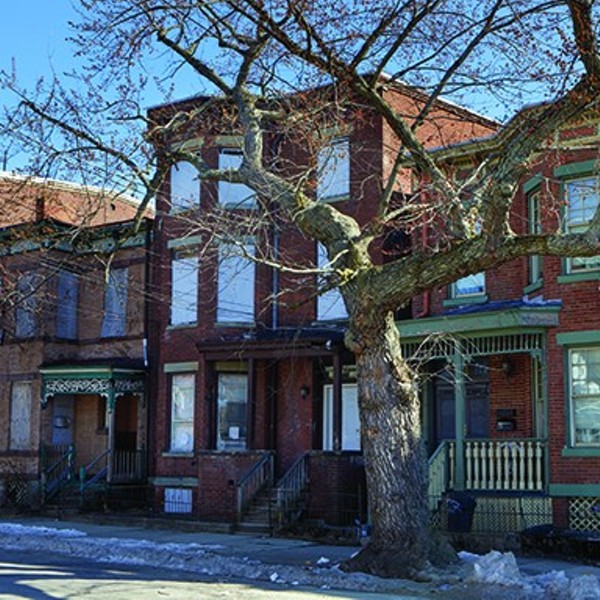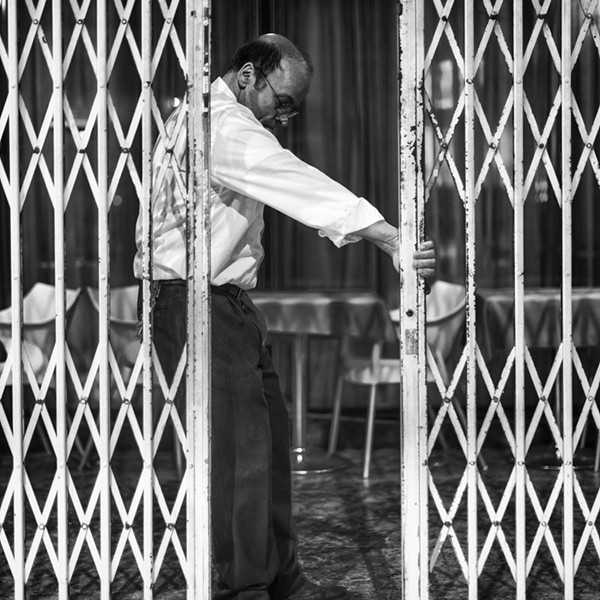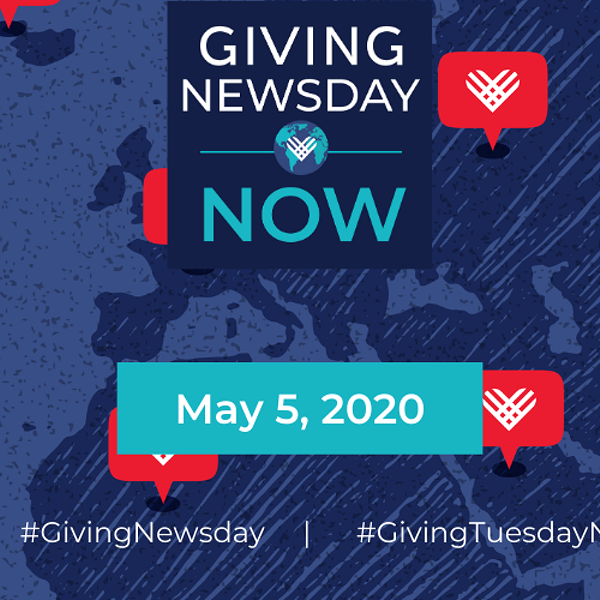Robert McChesney is a professor at the University of Illinois at Urbana-Champaign and author or editor of several books, including the award-winning Telecommunications, Mass Media, and Democracy: The Battle for the Control of US Broadcasting, 1928-1935; Rich Media, Poor Democracy: Communication Politics in Dubious Times; and, with John Nichols, Our Media, Not Theirs: The Democratic Struggle Against Corporate Media. His work concentrates on the history and political economy of communication, emphasizing the role media play in democratic and capitalist societies. McChesney's most recent book, The Problem of Media, was published in February, 2004, by Monthly Review Press and examines current US media policy and details how citizens can play a more active role in shaping that policy. McChesney also co-founded Free Press, which sponsored the first National Conference on Media Reform in Madison, Wisconsin, last fall, where 1,500 citizens, journalists, and activists convened to develop strategies to democratize the US media system.
I spoke to Bob McChesney from his office in Urbana, Illinois on June 11.
- BKM
Brian K. Mahoney: In your recent book, The Problem of Media, you briefly survey the history of how media policy has been formulated in the US, a process that has almost exclusively been a closed door affair between business elites attempting to maximize profits, rather than an informed public discussion about what the media needs of a democratic society are. How did we get to this point where the policy-making is so corrupt?
Robert McChesney: It happened gradually and was closely connected to the rise of very powerful media corporations and powerful media lobbies. We've had policy-making for media since the very beginning of the republic. The most important debates in this country were the constitutional debates, followed by the debates in the first few congresses cocerned with how to set up a media system and create the foundation for a free press. There were public debates on these issues for generations.
The most striking public subsidy for media that was debated and crafted was the postal subsidy. For the first hundred years of its existence, the Post Office was primarily the distribution means for the nation's press system - its magazines and newspapers. In the 1830s, over 90 percent of the traffic of the post office was that of newspapers. One of the crucial debates in the very first Congress of 1792, was what the government should charge [for postage]. There were those who thought it should be heavily subsidized and those who thought that all newspapers should always be sent for free in total subsidy, to encourage a broad plethora of newspapers that couldn't survive if left exclusively to market forces. This was debated in terms of the importance for democracy of having this massive public subsidy. It was the largest subsidy the government had in the early republic. We've always had these debates, but over time, as commercial interests have grown larger and more powerful in media, the debates have simply gotten more and more removed from the public and have less to do with actual democracy and self government, and more to do with enhancing the commercial fortunes of these very powerful companies and their lobbies. By the 20th century, we've seen corruption of the policy-making process crystallize. The way I like to describe how media policy-making takes place in the United States today is to liken it to a wonderful film from 1974 called The Godfather II.
BKM: In your book you reference the scene on the patio in Havana from that movie.
RM: Basically, American gangsters are carving up a cake...dividing Cuba up between them. Michael Corleone is there. Hyman Roth is giving a slice of his birthday cake to each of the gangsters, saying, "Alright. Louie from Chicago, you run the Copacabana. Frank, you're from Detroit, you handle the prostitutes." While Hyman Roth is dividing up the island among them, he says, "Isn't it great to be in a country with a government that respects private enterprise?" And that's really how media policy-making gets done in this country. Extraordinarily powerful lobbies behind closed doors are fighting it out to divide up this cake. And while they're fighting each other for the biggest slice of the cake, the one thing they all agree upon is, it's their cake and no one else gets a slice. That's what the American people are basically told: This is the way the Founders wanted it. This is the way democracy and the First Amendment demand it.
BKM: Why shouldn't market forces be allowed to determine the media landscape?
















